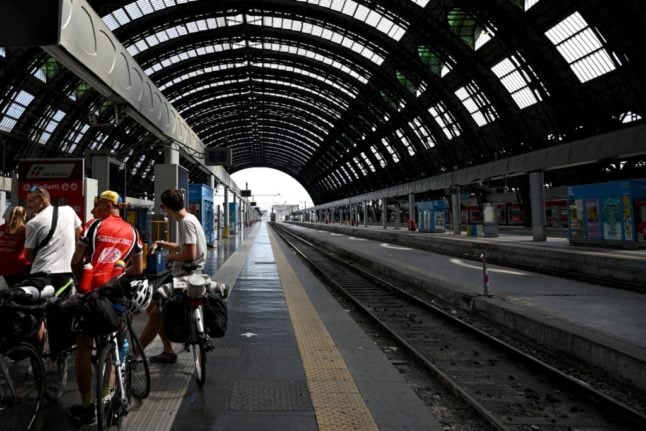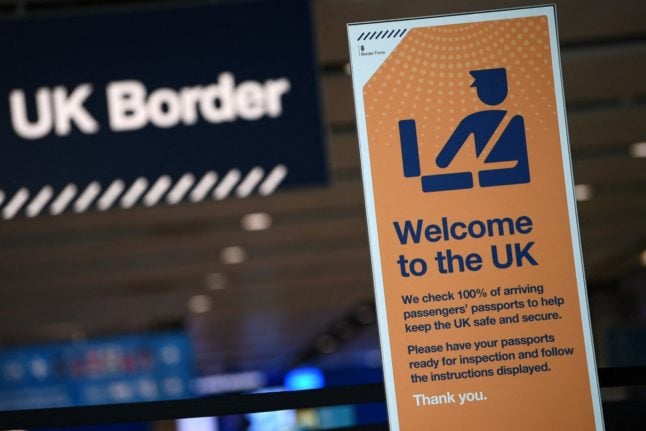Passengers of high-speed trains across Italy were set to face increased travel times of over two hours, route changes and cancellations in August due to “infrastructure enhancement works aimed at increasing the frequency and quality of future services,” a statement from state-owned rail management company Ferrovie dello Stato said on Wednesday.
The works were expected to affect services run by both national operator Trenitalia and private company Italo.
The “worst-affected routes” would be the Turin-Milan-Venice, Milan-Bologna and Rome-Florence lines, the statement said.
The Verona-Vicenza section of the high-speed Milan-Venice route was scheduled to shut for three weeks, from Wednesday, July 31st to Tuesday, August 20th, with the closure resulting in increased travel times “of up to 90 minutes from Venice to Milan and 150 minutes in the opposite direction.”
Service on the high-speed line connecting Milan to Bologna was set to be “partly interrupted” from Monday, August 12th to Sunday, August 18th, with travel times increasing by up to two hours.
The Chiusi-Orvieto section on the Florence-Rome line was scheduled to close from Monday, August 12th to Friday, August 23rd, with the closure causing “schedule changes, cancellations or route changes” to both Frecce and Intercity trains, as well as longer travel times of up 80 minutes on some dates.
Cross-border routes transiting through Alpine passes were also set to experience “planned service interruptions” due to “upgrade and safety works,” with buses replacing the Milan-Geneva and Milan-Lucerne links up until September 8th.
Ferrovie dello Stato said on Wednesday that Trenitalia passengers had been informed of the scheduled changes via email or text message.
Customers were also notified of the option to reschedule their journey or receive a full refund in the event of cancellations or delays exceeding 60 minutes, it said.
Passengers were advised to see the Works and Service Changes section of Trenitalia’s website for further information.
Private long-distance operator Italo also published updates on upcoming schedule and route changes on its website earlier this week.
Ferrovie dello Stato’s announcement sparked anger among consumer associations and members of the opposition on Wednesday.
Senator Raffaella Paita, from centrist party Italia Viva, said “changing train schedules in the month of August, in the middle of the summer holidays, is simply madness”.
Announcing longer travel times of up to two hours on high-speed lines such as the Milan-Bologna one were an “incredible act of arrogance at the expense of holidaymakers and tourists,” she added.
Consumer association Codacons said it was “undeniable” that the changes would undermine the travel plans of “those who had planned to reach their vacation spots by train and the many tourists who will visit our country in August”.
It also pointed out how the upcoming works would closely follow a spate of major technical issues registered by train operators across the country in July, with a total of 74 instances of delayed or suspended rail traffic recorded from July 16th and July 25th.



 Please whitelist us to continue reading.
Please whitelist us to continue reading.
Member comments